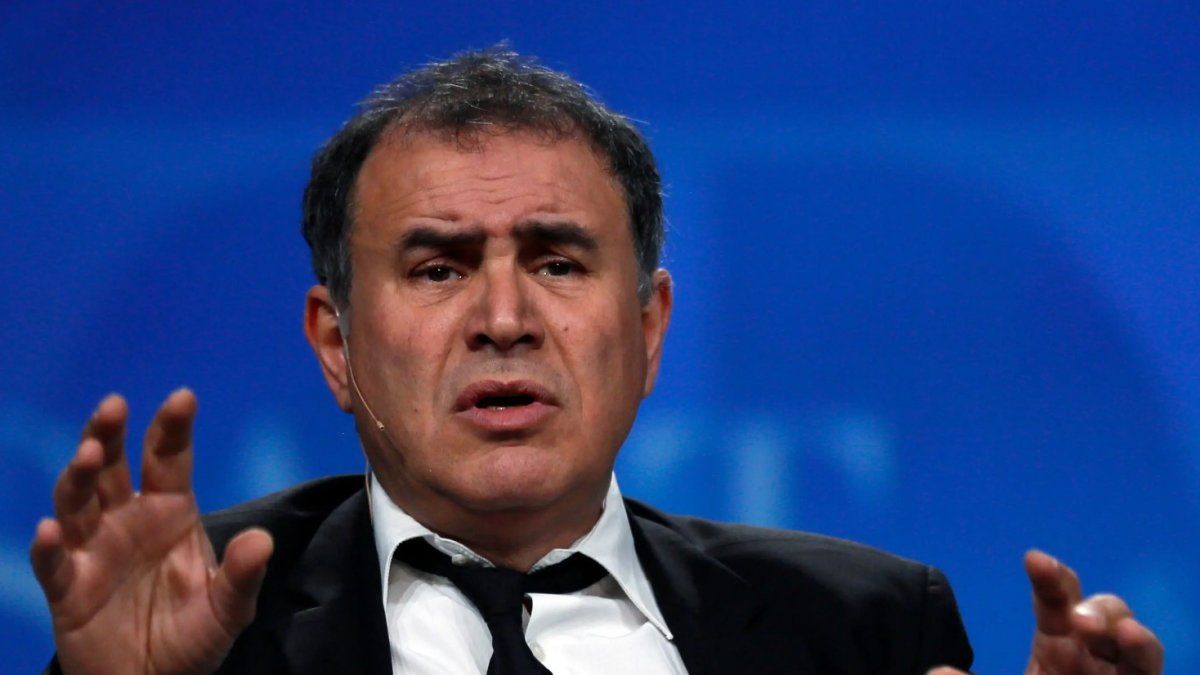After reaching a principle in accordance with the IMFthe Government announced a series of measures aimed at strengthening the reserves and alleviating the effects of the drought. In this scenario, he ordered the application of the PAIS tax for the import of different goods and services. Beyond that in this way it “they will become more expensive” some imports, analysts consulted indicated that This measure will not necessarily have a greater impact on economic activity. Considering, of course, that the different consultants already anticipated a contraction scenario for the coming months.
In that sense, Claudio Caprarulodirector at the consulting firm Analytica, noted: “By definition, The objective of making imports more expensive is to reduce them and this has an impact on the level of activity. From Analytica we were already projecting a drop in the economy for the second half of the year, because the lack of dollars did not give rise to another path”. In any case, the economist highlighted: “Due to the magnitude of the measures announced, we do not see a more recessive scenario than projected.”
“You are seeing a scenario of multiple constraints, without which a decision of this nature cannot be understood. Restrictions that have to do with the agreements with the IMF and being able to build a transition path for the remainder of this administration. For this, the need arises to agree on a macroeconomic scheme with some premises that serve to avoid a crisis scenario, where the variables precipitate and the markets are further distorted.. In addition to this context, it is necessary to understand the restrictions of the effect of the drought”, explained Sergio Chouza, director of the Sarandí consultancy.
Under these premises, the economist pointed out, is that the measures adopted by the Government should be analyzed, “which could not be evaluated as ideals within the framework of a healthy macro and public policies that tend to promote consumption, production and internal savings, but rather in the need to avoid a disruptive scenario, that the crisis spreads to the real economy, and generate containment barriers”.
“Obviously, the main thing has to do with the activity. What will happen when it absorbs the increase in the cost of importing goods in some sectors: I would say that it is necessary to evaluate what is more relevant, if the effect of supplying the internal market and, in this sense, although there is a certain wear and tear on consumption, there is no collapse. So I would say that Despite the increase in the cost of purchasing some inputs or components, the need to supply the domestic market will continue to have preeminence. And companies are going to choose to pay more, maybe transfer a portion to the final price, but do not brake the productive wheel”.
Activity: what can be expected after the measures
On the other hand, when analyzing the current situation and how it can affect activity levels, Francisco Ritorto, an economist from the consultancy ACM, said: “There is a reality that the noise generated by these types of measures until they are carried out ends up slowing down commercial operations and different business decisions until we can have more clarity on the subject. Furthermore, these types of measures generate greater distortions within the economy and have an impact on the decisions of both importers and exporters. In a context of uncertainty like the current one, the aim is clearly to make imports more expensive to discourage them and this could affect activity”.
“Likewise, it is not clear that there is a direct impact since there are several exceptions, such as the automotive industry, which has been the main driver this year. This selective ‘devaluation’ for both imports and exports of different products makes the analysis more complex in the sense of being able to know exactly the final result”, added the analyst.
Ritorto pointed out that what is clear “is that it tries to follow the guidelines of the Fund regarding the need to accumulate reserves and improve the fiscal result.” “Initially, imports will be affected, but their impact on activity at the end of the day will depend on whether these measures served to raise (or retain) the dollars that are needed. In the event that it is effective, we could expect that imports will unblock later and the blow to activity will not be so forceful”.
The new measures announced by the Government were known in a context in which economic activity shows signs of contraction. For example, the EMAE for May presented a 5.5% year-on-year drop, due to the impact of the drought, and private consultants forecast a fall of around 3% per year for this 2023.
Source: Ambito




